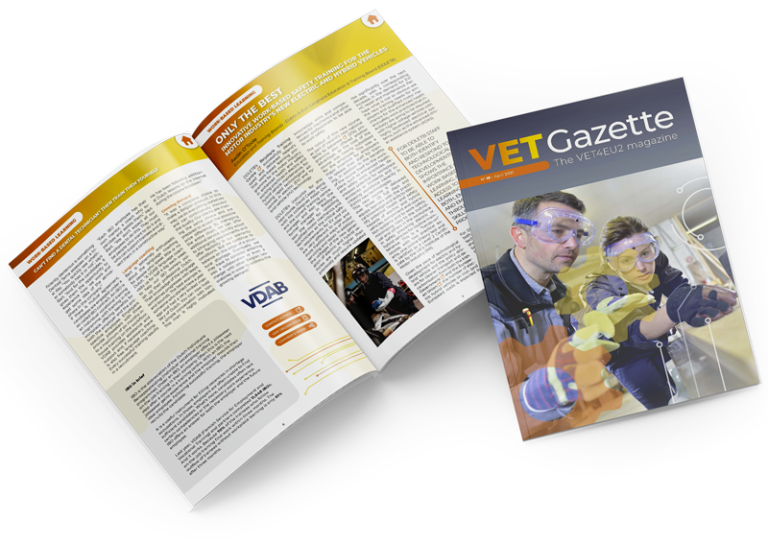The French government has a plan to decarbonise industry. The objective is to reduce emissions by 81% by 2050 compared to 2015. Decarbonised hydrogen meets several challenges:
– Environmental: it is a response to the decarbonisation of industry and transport;
– Economic: it allows the creation of new sectors and jobs;
– Strategic: it meets France’s desire to reduce its dependence on imported energy;
– Technological: finally, it allows France to establish its technological independence.
Investment needs are estimated at €24 billion between now and 2030 to achieve the objectives of the H2 sector. 2 billion euros have been allocated to the development of low-carbon hydrogen, as part of the recovery plan. In total, 7 billion euros of public support is planned until 2030.
The development of a French industry covering a significant part of the value chain as well as the emergence and deployment of new hydrogen markets will contribute to the creation of industrial and service jobs on French territory, provided that it is accompanied by the implementation of adequate qualifications and training.
Some studies identify new professions (Power to gas engineer) or professions in development (gas network design technician, thermoelectric technician, etc.). Here, the engineering of new skills in companies is reflected in internal training or external training provided by equipment suppliers (for example for the assembly of electrolysers).
Traditional industrial jobs such as welders, boilermakers, machinists, production operators, designers, remain and employment tensions are exacerbated. For these jobs, it is a question of reinforcing certain skills relating to risks, safety, strict compliance with procedures, or even specific techniques linked to the materials used.
Technician jobs, on the other hand, are more affected by these changes: electronic, electromechanical and maintenance technicians. The latter will probably have to be more specialised in mechanics, piping and instrumentation. The question arises as to the timing of the response to the skill needs of companies according to their level of maturity with regard to hydrogen technologies.
The hydrogen sector presents real opportunities in the medium to long term in terms of economic development and energy transition.
The mobilisation of external territorial training systems with a view to anticipating economic changes and their impact on employment appears necessary with regard to the employment-skills issues within this new sector.
The hydrogen “colourisation” of jobs
AFPA conducted the first analyses on this sector in 2016, but it was not until the launch of the recovery plan and the exponential development of this sector at the end of 2020 that we were able to clarify more precisely the needs in terms of skills, knowledge and qualifications required for jobs in this sector.
A vast R&D study in progress, carried out by all the AFPA regions and piloted by the Engineering and Innovation Department, on the entire H2 value chain has enabled us to identify “hydrogen colouring” business incubator approaches. These projects will be set up within the framework of our National Public Service Missions and are supported by numerous players in the sector, in particular by France Hydrogène within the framework of a partnership agreement.
The “incubator” programmes deployed by the AFPA are set up in the form of a research-action approach to develop the skills of the active population and to accompany companies in building the training engineering for the professions of tomorrow. The approaches deployed by the AFPA, co-piloted with the DGEFP, are carried out with the support of the DREETS and regional partners, in particular with companies. These experiments are built and adjusted in vivo with future employers in several territories according to their needs, allowing ideas to be compared with the reality on the ground.
The forecast of 100,000 jobs by 2030 in the hydrogen sector reinforces the urgency of setting up training courses.
These “colourisation” hydrogen incubators are the result of the analysis carried out on the 17 jobs in tension identified by France Hydrogène and the findings of the interviews carried out within the framework of the regional R&D projects. The aim of these incubators is to integrate the knowledge and qualifications necessary for employment into the training pathway of the targeted trades.
Grouped by trade sector, they will enable the number of trades concerned to be maximised during their implementation:
– Sector of metal transformation by deformation and assembly: industrial pipefitter; industrial welder assembler; TIG welder with coated electrode; boiler making and assembly agent; boiler making technician.
– Industrial maintenance sector: Industrial maintenance electromechanic; Industrial maintenance technician; Senior industrial maintenance technician.
– Production and assembly sector: Chemical industry equipment operator; Chemical industry manufacturing technician; Industrial maintenance electromechanic; Industrial maintenance technician; Senior industrial maintenance technician.








Responses